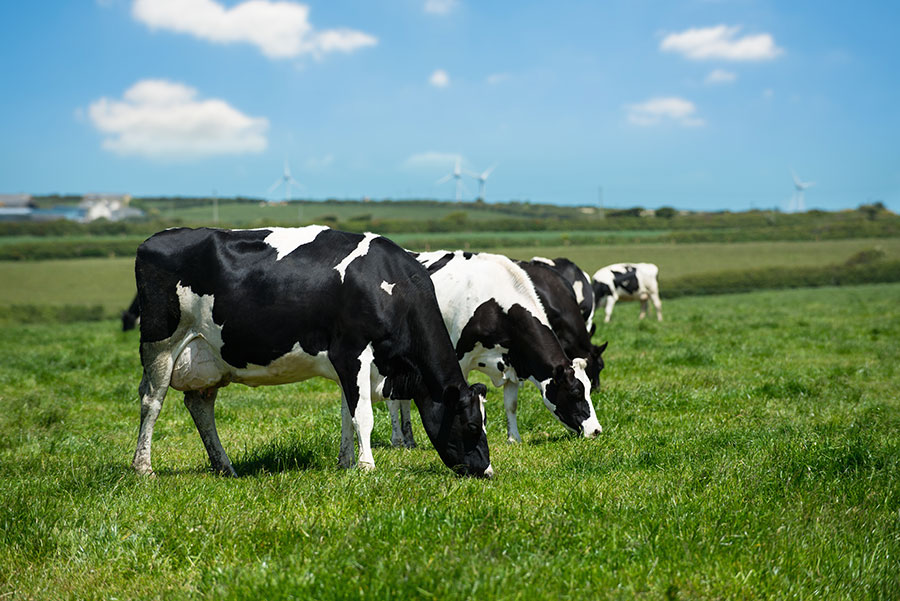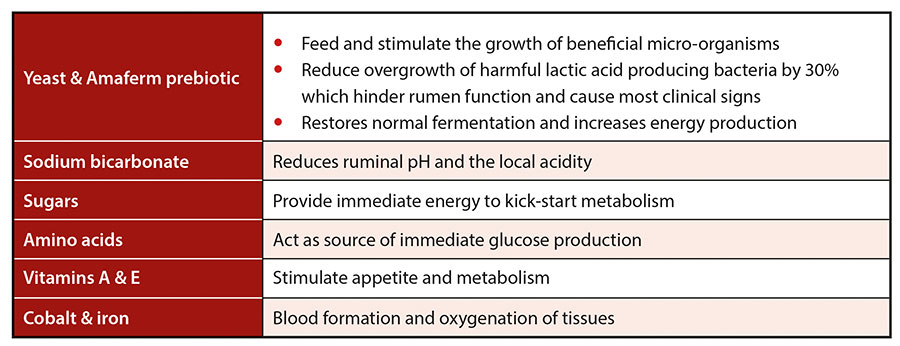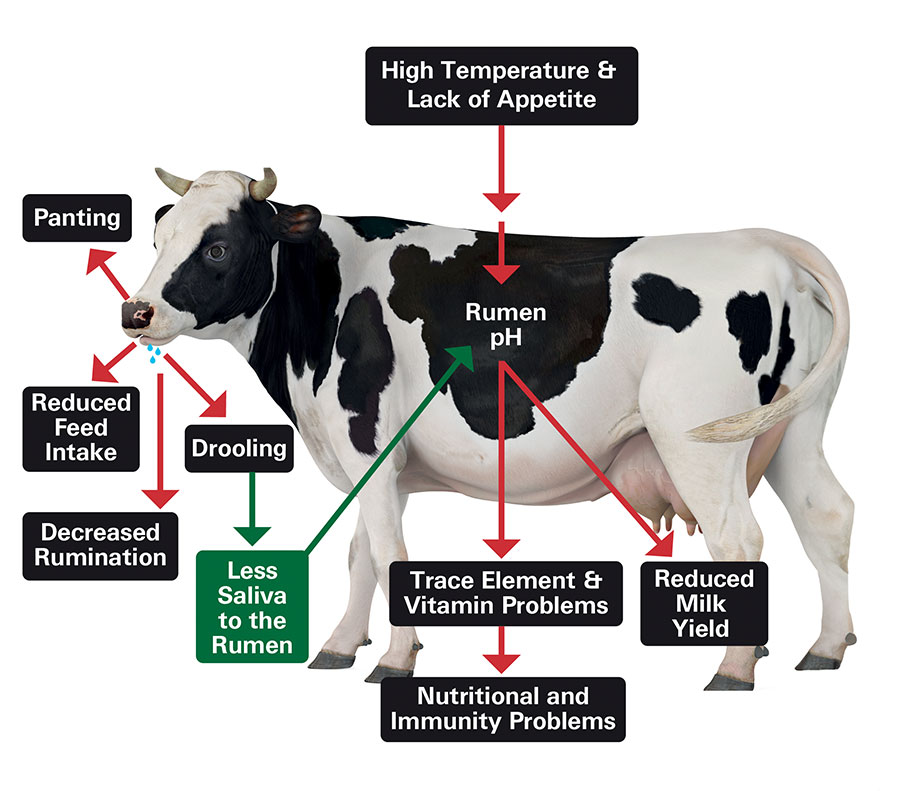Keeping the rumen in good shape
24th May 2024
The functioning rumen can be regarded as the boiler house of the bovine animal. Even a slight malfunction in its operation will have profound and widespread metabolic and financial consequences. Dr T.B Barragry, independent veterinary consultant for Provita Eurotech Ltd, offers some advice.

It can be difficult to identify and accurately assess a rumen that is not operating well. Thus, keeping the rumen in decent shape by frequent administration of rumen boosting microbial supplements is a price worth paying to ensure maximum return on investment.
The rumen is a large vat containing billions of types of microorganisms all playing a vital role in digestive processes, vitamin formation, volatile fatty acid production and energy generation. Under ideal conditions, all of the various layers of rumen microorganisms operate in perfect balance. However, dysfunction and imbalance in one layer may result in the following negatively affecting productivity of the animal:
- Decreased appetite/digestion/metabolism/vitamin absorption/ruminal contractions
- Reduced milk yield
- Change in the microbial flora
- Increased lactic acid production/indigestion
- Less sugar production
- More methane gas
- Ulceration of the rumen
- Absorption of toxins
- Dehydration/bloating
- Increased risk of laminitis
- Rumen stasis of the rumen/acidosis/SARA.
- Rumen stimulants
The primary cause of a malfunctioning rumen is dietary change or overfeeding, but other causes include stress, transportation, calving, metritis, antibiotic therapy, metabolic problems, and hypocalcaemia. The faecal consistency is normally changed, and a foul loose stool is typically voided within 12–24 hours of the clinical signs starting to appear.
Provita Rumen Stimulant contains many of the ingredients to help prevent or treat ruminal issues, indigestion and to maintain a normal and healthy rumen function. The product contains a variety of key ruminal ingredients (see table).

Rumen Stimulant is particularly useful at transition time to prevent metabolic disturbances. It should also be used at times of stress, transportation, following surgery, dietary changes, or post antibiotic therapy. This type of product is an often-overlooked means of maintaining normal ruminal function, which is the main but unseen driver of the animal’s nutrition, metabolism, productivity, and freedom from disease.
Vitamin and mineral drench
In terms of supply of trace elements, the grazing season is a particularly crucial time because it coincides with the periods of high physiological demands of lactation, conception, and pregnancy. It is indeed a particularly valuable time to consider trace mineral and vitamin supplementation as pasture often has a deficient supply.
Housed cattle are usually supplied with concentrates fortified with trace elements. This is not necessarily the case with pastured cattle who also have the added physiological stresses and demands of lactation, peak lactation, and pregnancy. The physiological role of tiny amounts of trace elements in the pastured animal is often underestimated and their presence in herbage in adequate amounts is often taken for granted.

In the absence of obvious signs of trace element deficiency, it is commonly assumed that intake is adequate. However, trace element deficiencies do not always present as clinical conditions but rather fly under the radar as a subclinical deficiency, and while not showing observable signs, they can nonetheless result in reduced productivity or conversion rates in cattle. This ultimately leads to increased costs for the farmer.
Iodine, selenium, copper and cobalt are critical trace elements for reproduction immunity and the blood system, and these are often deficient on various soils and pastures. Thus, regular supplementation is necessary. A much-underestimated vitamin is vitamin A. Lack of vitamin A can play havoc with susceptibility to infection as well as to appetite. Carotene and vitamin A are necessary for the health and integrity of epithelial surfaces in the gut, uterus, respiratory act, and mammary gland. Together, they step up the local defensive immunity of epithelial barriers and prevent against infection.
Low intake of carotene/vitamin A can led to rumen dysfunction resulting in acidosis (SRA), susceptibility to respiratory disease (BRD), infection of the reproductive tract (metritis) and infection of the mammary gland (sub-acute or clinical mastitis). Mastitis and metritis incidence are closely correlated to vitamin A levels. Overall, the animal’s digestion, growth and development, immunity, respiratory function, and reproductive function are all dependent on an adequate availability of vitamin A.
ProVitaMin is a comprehensive source of all needed vitamins and minerals. It contains over 25 key vitamins and trace elements in high but safe amounts. Vitamin A supplementation is one of the first items to consider when planning an appropriate diet – ProVitaMin contains five million units of vitamin A and is a particularly useful vitamin A supplement. It also contains many other minerals and vitamins such as selenium, vitamin E, iodine and cobalt, all of which are key to ensure optimum reproduction, transition, digestion, postpartum functioning and to help protect against metritis and mastitis in the post partem period. Routine dosing over the summer and housing period with ProVitaMin drench is a valuable tool.
Provita has a special offer for Farmers Guide readers: Buy 2.5 litres of ProVitaMin, get one litre free.
Read more livestock news


